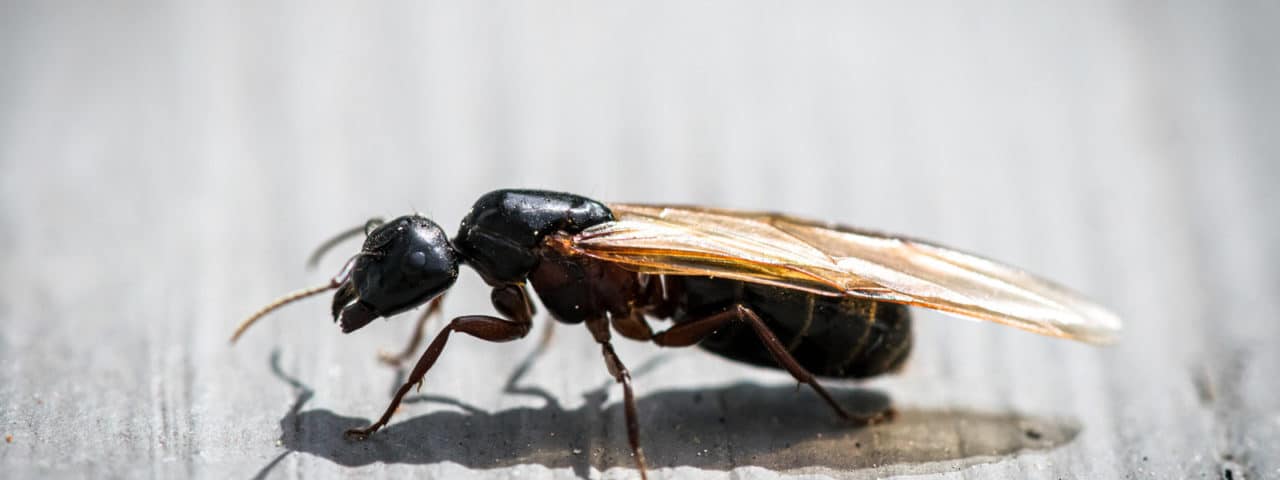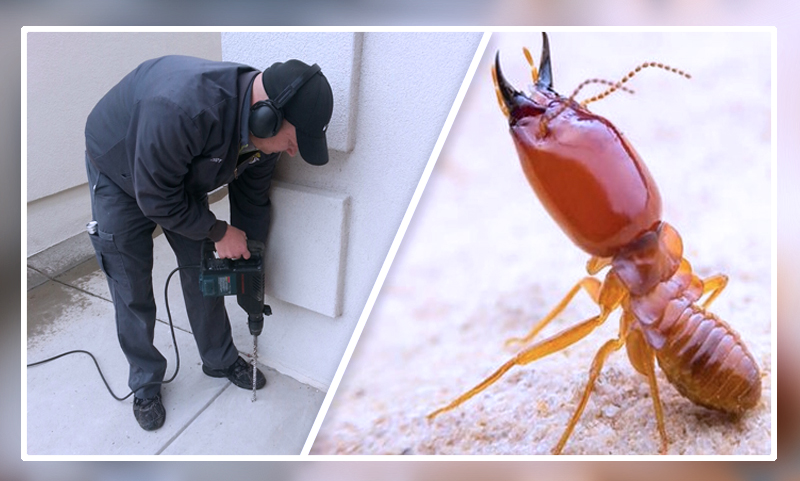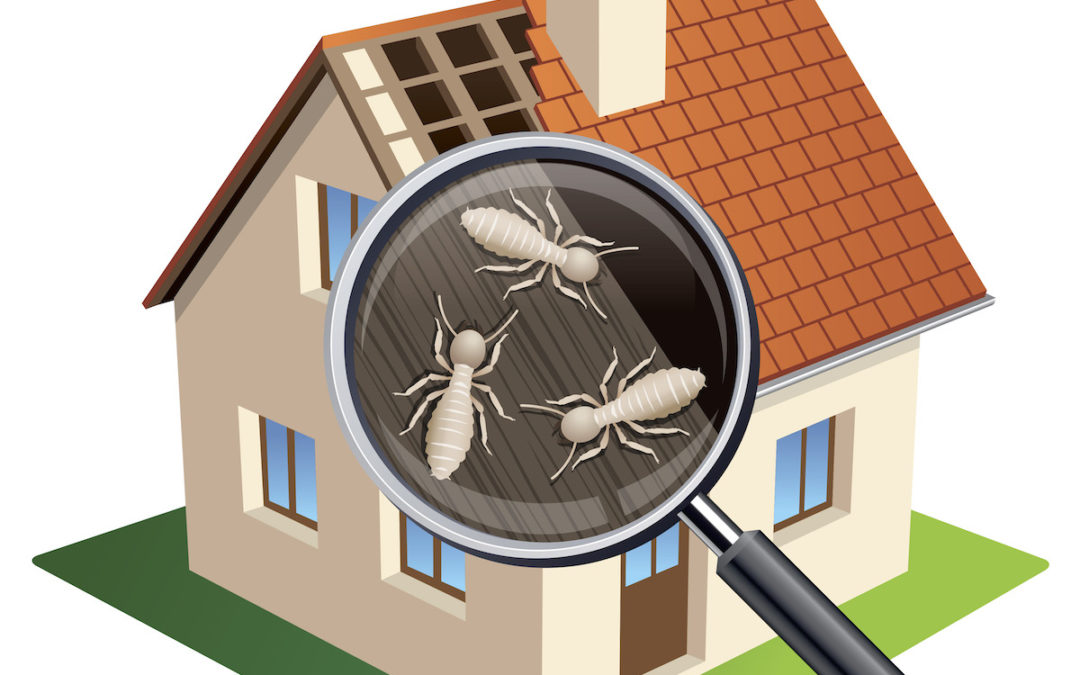Specialist Ant Control Services: Custom-made Therapies for Long-term Outcomes
Specialist Ant Control Services: Custom-made Therapies for Long-term Outcomes
Blog Article
Ecological Influence of Insect Control: Harmonizing Performance With Sustainability
The environmental effect of parasite control is an important problem that requires a delicate balance in between accomplishing efficiency in ensuring and handling pests sustainability of our environments. From the use of damaging chemicals that leak right into our dirt and water to the unplanned consequences on non-target species, the repercussions of traditional parasite control techniques are far-ranging.
Hazardous Chemicals in Pest Control
The application of dangerous chemicals in insect control poses considerable ecological and health risks that necessitate mindful factor to consider and reduction approaches. Chemicals, pesticides, and herbicides are typically made use of to get rid of insects, however their prevalent application can bring about unexpected repercussions. These chemicals can contaminate dirt, water sources, and the air, impacting not only the targeted parasites yet also useful insects, wildlife, and humans.

To resolve these dangers, integrated parasite monitoring (IPM) techniques are being advertised as a more lasting alternative. IPM entails a mix of approaches such as biological control, habitat control, and the targeted usage of pesticides as a last resource (ant control weddington nc). By taking on an all natural technique to pest control, we can decrease the environmental and health influences connected with harmful chemicals while properly taking care of pest populaces
Impact on Non-Target Variety
Taking into consideration the unintentional repercussions of insect control methods, the influence on non-target types is a crucial facet that needs thorough evaluation. While parasite control steps aim to target certain pests, other organisms in the environment may be accidentally influenced. Non-target species, including advantageous pests, birds, animals, and also plants, can endure straight or indirect harm from pesticide applications or organic control techniques.
Insecticides created to battle a particular insect pest may hurt pollinators like bees or natural predators such as ladybugs. Organic control agents, if not species-specific, can posture threats to unplanned targets, disrupting the ecological balance.
To minimize the effect on non-target species, integrated pest management (IPM) strategies that stress an alternative approach to pest control are suggested. These methods prioritize the usage of environmentally pleasant techniques, minimizing damage to helpful organisms while efficiently managing pest populations. Conducting thorough threat evaluations and checking the results of bug control initiatives are necessary actions in protecting non-target varieties and advertising overall ecological community health.
Dirt and Water Contamination
Unplanned ecological repercussions of pest control approaches extend beyond impacting non-target varieties, with considerable ramifications for soil and water contamination. Chemicals, herbicides, like it and chemical fertilizers utilized in pest control can seep into the dirt and pollute groundwater, posing a hazard to both terrestrial and marine environments. Soil contamination can interrupt the balance of bacteria vital for nutrient biking and plant growth, bring about decreased dirt fertility and productivity. Additionally, these chemicals can continue the setting for extended durations, gathering in the soil and possibly going into the food cycle.
Water contamination is another crucial issue linked with parasite control techniques. To minimize dirt and water contamination from parasite control tasks, incorporated bug monitoring strategies that focus on sustainability and minimize chemical inputs are important.
Air Contamination From Pesticide Usage
Direct exposure to airborne pesticides throughout agricultural applications poses a significant problem for air contamination control measures. They can volatilize right into the air and form unpredictable organic compounds (VOCs) and other air-borne pollutants when chemicals are sprayed onto crops - termite control services. These chemicals can add to the formation of ground-level ozone, a major part of smoke that can have harmful effects on human health, plant efficiency, and total air high quality. Additionally, chemical drift, where pesticides are lugged by the wind to unexpected locations, can result in the contamination of neighboring environments and water bodies.

Techniques for Sustainable Bug Control
In the world of agricultural methods, applying lasting bug control approaches is paramount for preserving eco-friendly balance and securing plant returns. Sustainable insect control highlights making use of eco-friendly approaches to take care of parasite populaces properly while decreasing harm to non-target organisms and environments. Integrated Parasite Management (IPM) is an extensively adopted strategy that integrates biological, cultural, physical, and chemical control approaches to attain lasting bug administration options.
Crop turning and diversification are additionally reliable methods to interrupt pest life cycles and create much less beneficial problems for insects to grow. Inevitably, by incorporating these sustainable parasite control techniques, farmers can attain a balance in between pest management efficiency and environmental stewardship.
Verdict
In final thought, the ecological impact of pest control methods have to be very carefully taken into consideration to balance efficiency with sustainability. Harmful chemicals used in bug control can cause soil and water contamination, air pollution, and damage non-target varieties - termite control services. It is essential to apply sustainable parasite control methods to decrease these adverse effects on the environment and promote a healthier environment for future generations
By embracing an all natural approach to pest control, we can minimize the environmental and health and wellness effects connected with unsafe chemicals while efficiently managing pest populaces.

To reduce the air contamination triggered by chemical use, it is essential to take on integrated insect monitoring techniques that focus on the usage of non-chemical pest control techniques, such as plant rotation, natural killers, and immune plant varieties. Lasting parasite control highlights the usage of environmentally pleasant methods to handle parasite populations successfully while minimizing damage to non-target organisms and communities. Integrated Parasite Monitoring (IPM) is a widely embraced technique that incorporates organic, cultural, physical, and chemical control methods to attain long-term insect administration options.
Report this page